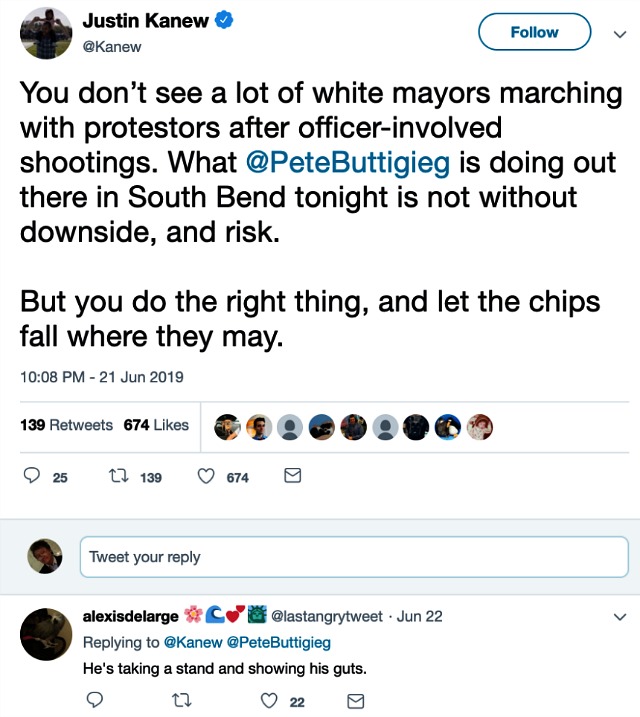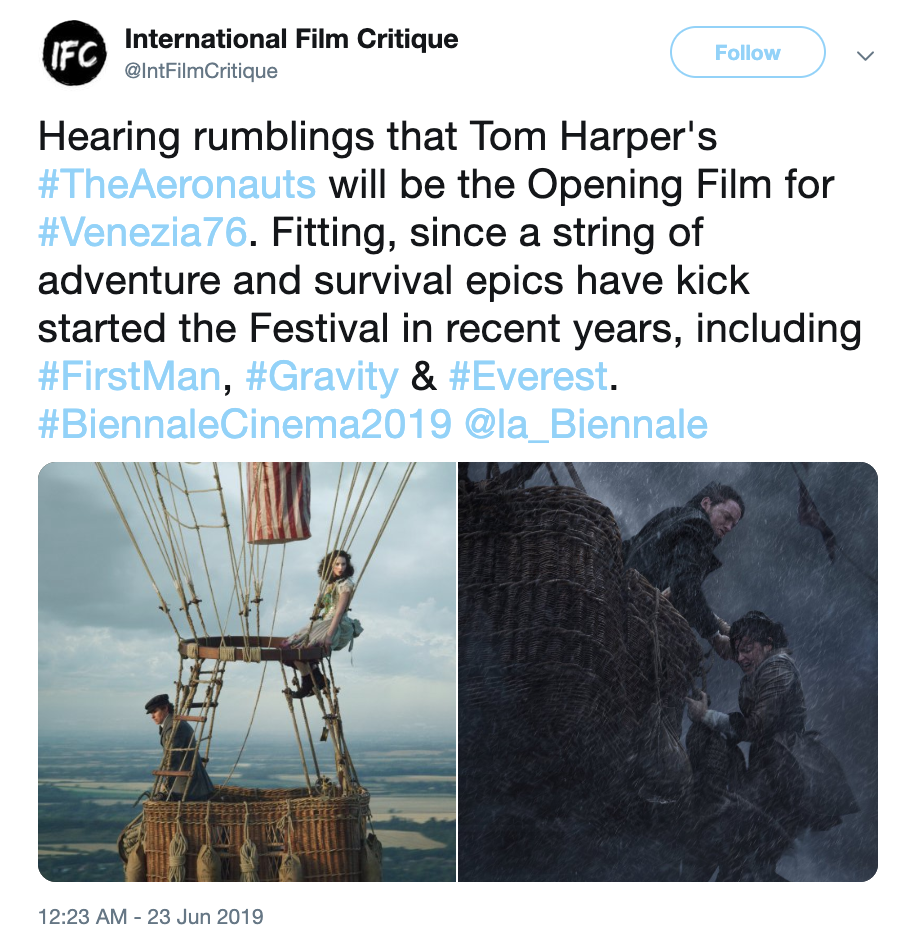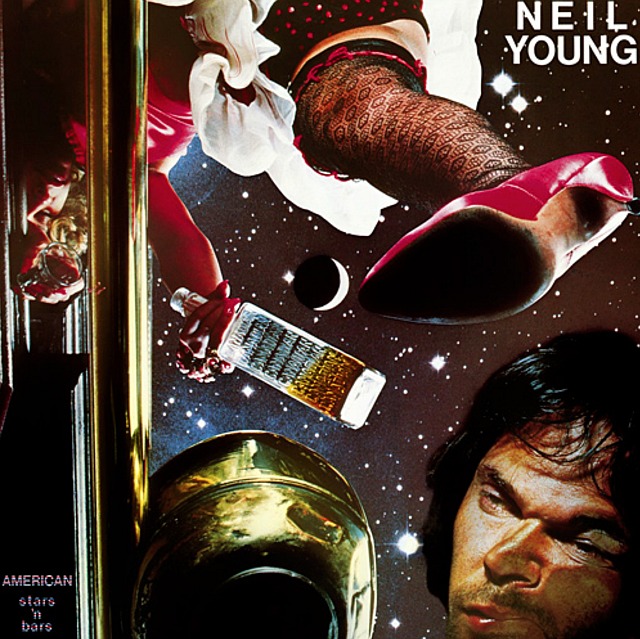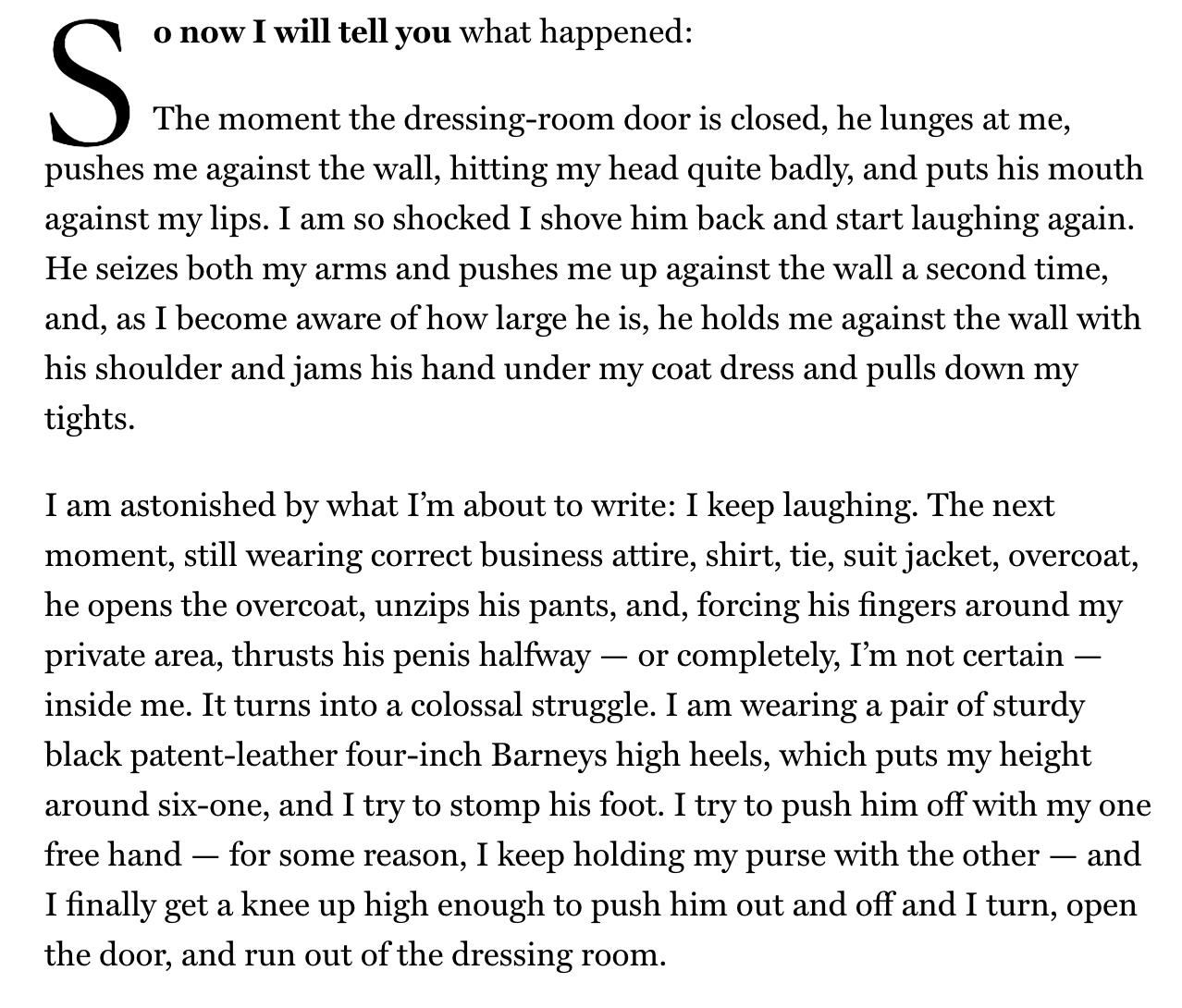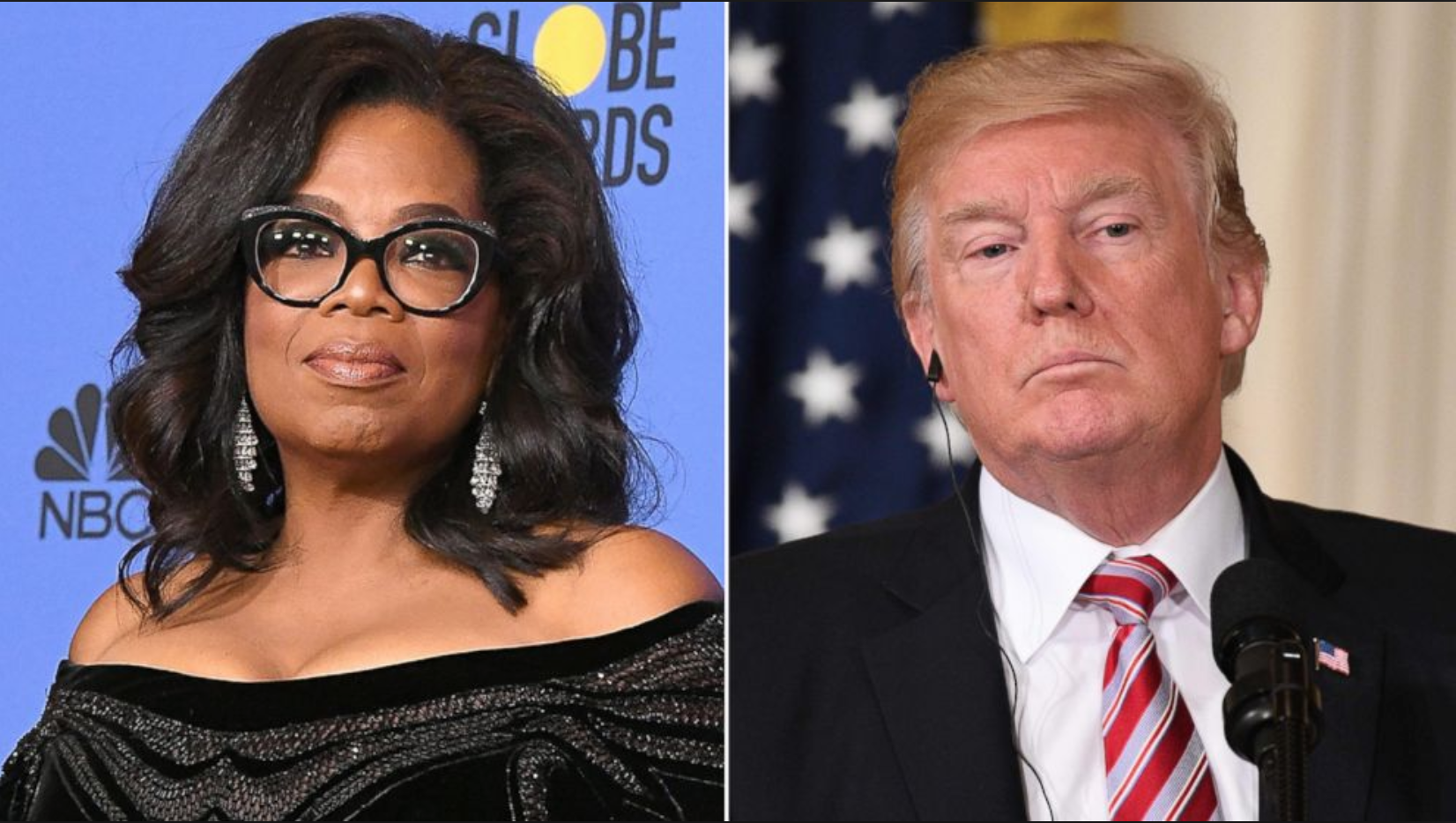The night before last Tatyana and I visited Robata Jinya, a well-liked Japanese noodle restaurant on West Third Street near Crescent Heights. We walked in without a reservation, but it was nine-something and there were open tables here and there. I sidled up to the hostess but she was entirely focused on a 20something Asian guy who was yapping and yapping and yapping. She was determined to meet his needs before dealing with me…fine. So I waited. And waited. And waited.
The Asian guy, apparently a “me, me, me” type, wouldn’t stop talking about whatever. I was eyeballing this sociopath and telepathically conveying the following: “What are you doing, talking about your childhood or something? Or about your car payments or a Dodger game you attended a few days ago? There are other people here besides you, asshole…people who want to sit down and eat…right? If you want a table, say so and maybe the hostess can help you out.”
But he kept on going. Yap, yap, yappity-yap, yap…what is this guy’s basic malfunction?
After two or three minutes of watching him go on and on, the hostess finally led The Yapper and his date to the rear of the restaurant, but she didn’t return for another two or three minutes. How long does it take to lead a couple to a table, hand them a couple of menus and say ‘here you are…enjoy!” Presumably the Asian guy had made a reservation but wasn’t satisfied with this or that table and/or was complaining that none of them were quite right.
By the time the hostess returned we had decided that Robata Jinya was an unpleasant place due to the combination of loudly conversing diners plus pounding EDM playing on the speakers. This is a trait of under-35 bars and restaurants and more precisely their patrons. Under-35s enjoy aural oppression….they like having to shout their thoughts to each other despite sitting only 30 inches apart. On top of which the air conditioning was aggressively pumping cold air despite the fact that it wasn’t even warm outside, much less hot.
So we said “thanks anyway” and went next door to the quieter, less expensive, much less crowded Tasty Noodle House. It seemed cool at first, but then the waitress, whose English was a bit labored and hard to understand, started making trouble by pointing to my orange valet ticket, which I’d been given by the Robata Jinya valet guy. She seemed to be saying that I had the wrong ticket, or that I’d given my car to the wrong people or something in that realm.
“Are you saying we can’t eat here because of the valet ticket?” No, she said, smiling but pointing again to the ticket and saying something about chicken wings. The basic message, I later discerned, was that if we had parked in the Tasty Noodles lot we could have eaten free chicken wings. But I didn’t want any fucking chicken wings. HE to waitress: “Okay but could you possibly drop the subject and just, you know, let us order?”
I found the conversation so frustrating that I got up and left. Tatyana stayed and talked with her a bit. Then she came out and explained the chicken wings thing. “But I didn’t want any chicken wings,” I protested. “I hate chicken wings. Why did she keep harping on that? Chicken wings, chicken wings, parking lot, parking lot.”
You were being rude to her, Tatyana said. “Excuse me but the waitress wouldn’t stop beating me over the head with this,” I replied. “She was like a travelling salesman selling vacuum cleaners.”
We eventually went back inside and started over. Once the chicken wings had been forgotten, everything was fine. Well, almost. When I ordered some dumplings the waitress said “crispy or soft?” Crispy? There are no crispy dumplings, I said. It turned out she meant pan-fried.
Yeah, I know — Larry David. But the combination of the “me, me, me” guy and the chicken wings was awfully rough.


